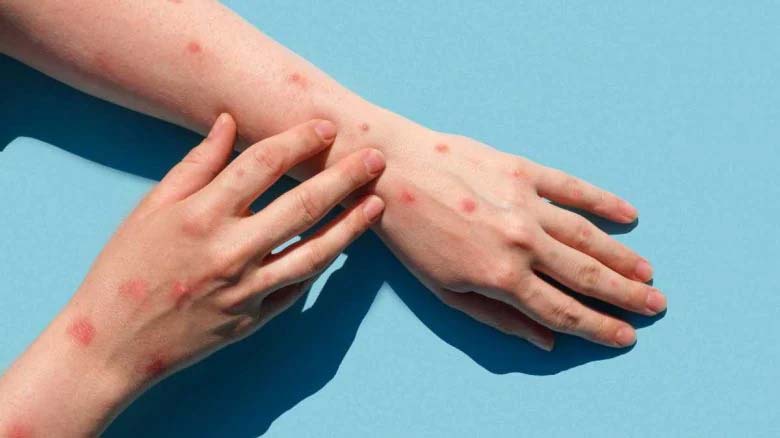Here’s all you need to know about
Monkeypox
Home » Here’s all you need to know about monkeypox

Here’s all you need to know about monkeypox
After the Coronavirus that shook the world from all directions, we are now becoming more robust in identifying any new viruses that might affect humanity as a whole and turn out to be a pandemic. On that note, there have been recent cases of Monkeypox and people are worried about it. What is Monkeypox? Will it turn out to be a pandemic? What do we know about this new virus and how will it affect us?
What is monkeypox?
Monkeypox is a rare disease similar to smallpox. It is generally found in rodents in the rainforest but is also transmissible to humans rarely. Monkeypox causes flu-like symptoms in humans and the pox can develop to much bigger ones as they grow. The virus comes from the orthopoxvirus family.
Is monkeypox common?
Monkeypox is uncommon. However, the number of cases is increasing in Africa, as well as in previously uninfected areas.
What are the symptoms and signs of monkeypox?
It may take several days to a few weeks after exposure to develop symptoms. Early symptoms of monkeypox include flu-like symptoms such as:
- Chills
- Fever
- Muscle aches
- Headache
- Swollen lymph Nodes
- Fatigue
A rash usually appears after a few days. The rash begins with flat, red bumps that can be painful. These bumps develop into blisters that fill with pus. The blisters eventually crust over and fall off; the entire process can take two to four weeks. Sores in the mouth, vagina, or anus are also possible. Not all develop all symptoms.
How can you catch monkeypox?
Monkeypox is transmitted when you come into contact with an infected animal or person. Animal-to-person transmission occurs through broken skin, such as from bites or scratches, or through direct contact with the blood, bodily fluids, or pox lesions of an infected animal (sores).
Monkeypox can be transmitted from person to person, but it is uncommon. Person-to-person spread (transmission) occurs when you come into contact with an infected person’s sores, scabs, respiratory droplets, or oral fluids, usually through close, intimate situations like cuddling, kissing, or sex. Researchers are still investigating whether the virus is transmitted through sperm or vaginal fluids.
How can we prevent monkeypox?
- Avoid contact with infected animals including dead and sick animals.
- Cook your food well and avoid meat and other animal products.
- Wash your hands thoroughly and frequently.
- Practice safe sex by using dental dams, condoms, etc.
- Disinfect your surfaces and other common areas frequently.
- If you have someone in your family infected then use a PPE kit to care for them.

